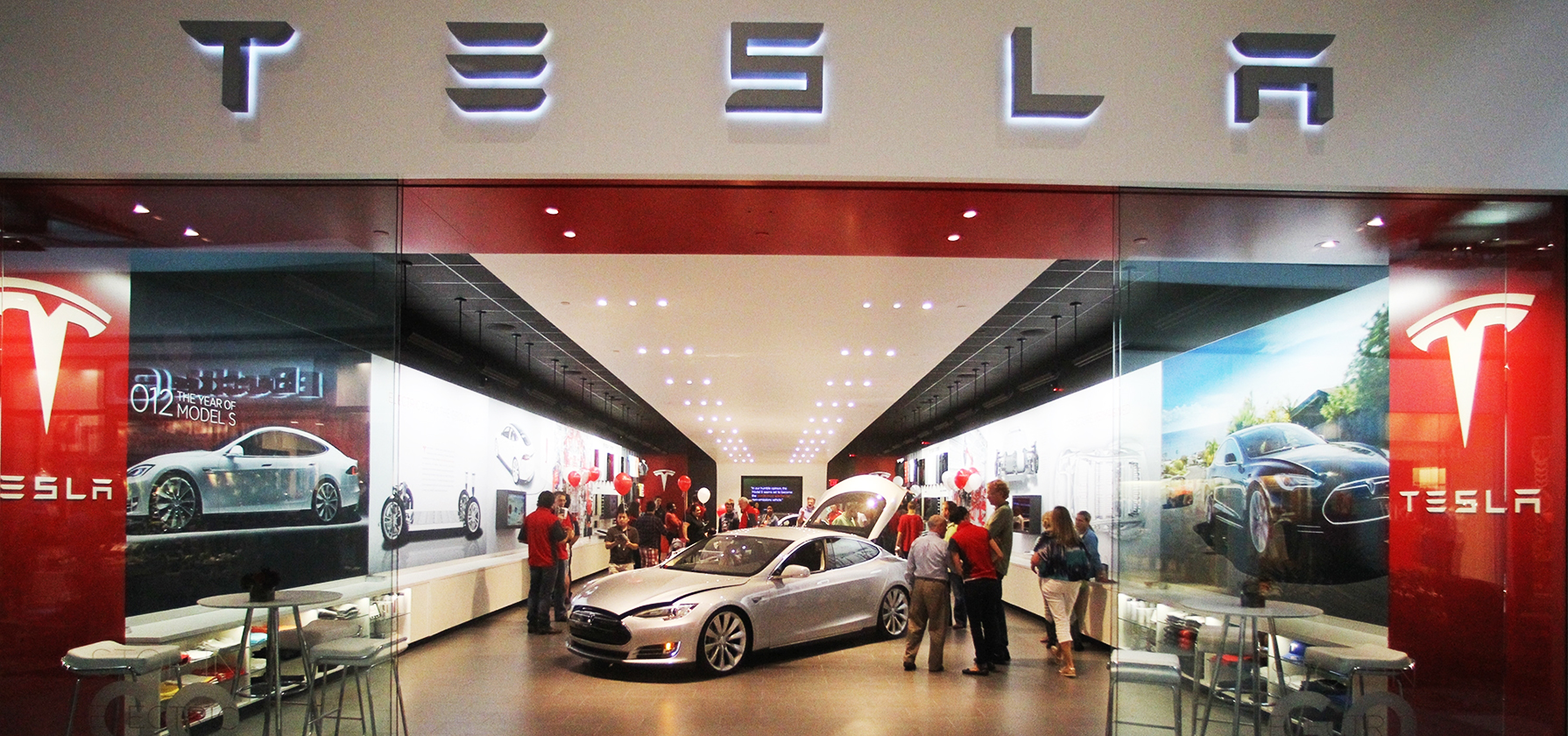
Possible sites for Tesla salons in Moscow include the business center “Vremena goda” in the northeast and “Atrium” in the city center.
APTesla, the American manufacturer of electric cars, is looking to open its own company in Russia, the business newspaper Kommersant reported (in Russian) on March 1, citing sources in the real estate market. Possible sites for Tesla salons in Moscow include the business center “Vremena goda” in the northeast and “Atrium” in the city center.
While there will likely be some demand for Tesla cars, this demand will likely be modest, thinks Anton Gorbatenko, editor-in-chief of the newspaper AutoTesla. “The vehicle’s drivers will face some difficulties relating to climate conditions in Russia,” Gorbatenko says. He explains that driving a Tesla requires having access to a heated garage with a chargin station at home and another station like that at work.
In Dec. 2016, the head of the Moscow Tesla Club, Aleksey Eremchuk, noted (in Russian) that Elon Musk’s company had already made the decision to enter the Russian market. On Tesla’s website, a map of the world shows where the company is planning to open new Supercharger stations in 2017, and a few of these are on Russian territory.
Not everyone is so sure though. “The size of the market for electronic cars is insignificant and falling—in 2016 alone it dropped 28%, to 83 automobiles, of which 50 were registered in Moscow,” says Alexander Klimov, an expert at the analytical agency Avtostat Info. According to Klimov, as of beginning of 2017 the number of electric cars in Russia remained below 800 cars, of which about a third are in Moscow.
The main problem is a lack of charging stations, Klimov explains. Additionally, service centers in Russia often do not know how to work on electric cars. "Tesla cars, for example, must be sent for repairs to Europe. Or experts from Europe can be imported for 5,000 euros a visit!" Klimov says.
Nevertheless, Gorbatenko remains optimistic (in Russian). "Despite difficulties, the Russian market for electric cars, including the budget Nissan Leaf, will grow, and this trend can be traced on the map of electric stations, which is constantly growing."
If using any of Russia Beyond's content, partly or in full, always provide an active hyperlink to the original material.
Subscribe
to our newsletter!
Get the week's best stories straight to your inbox